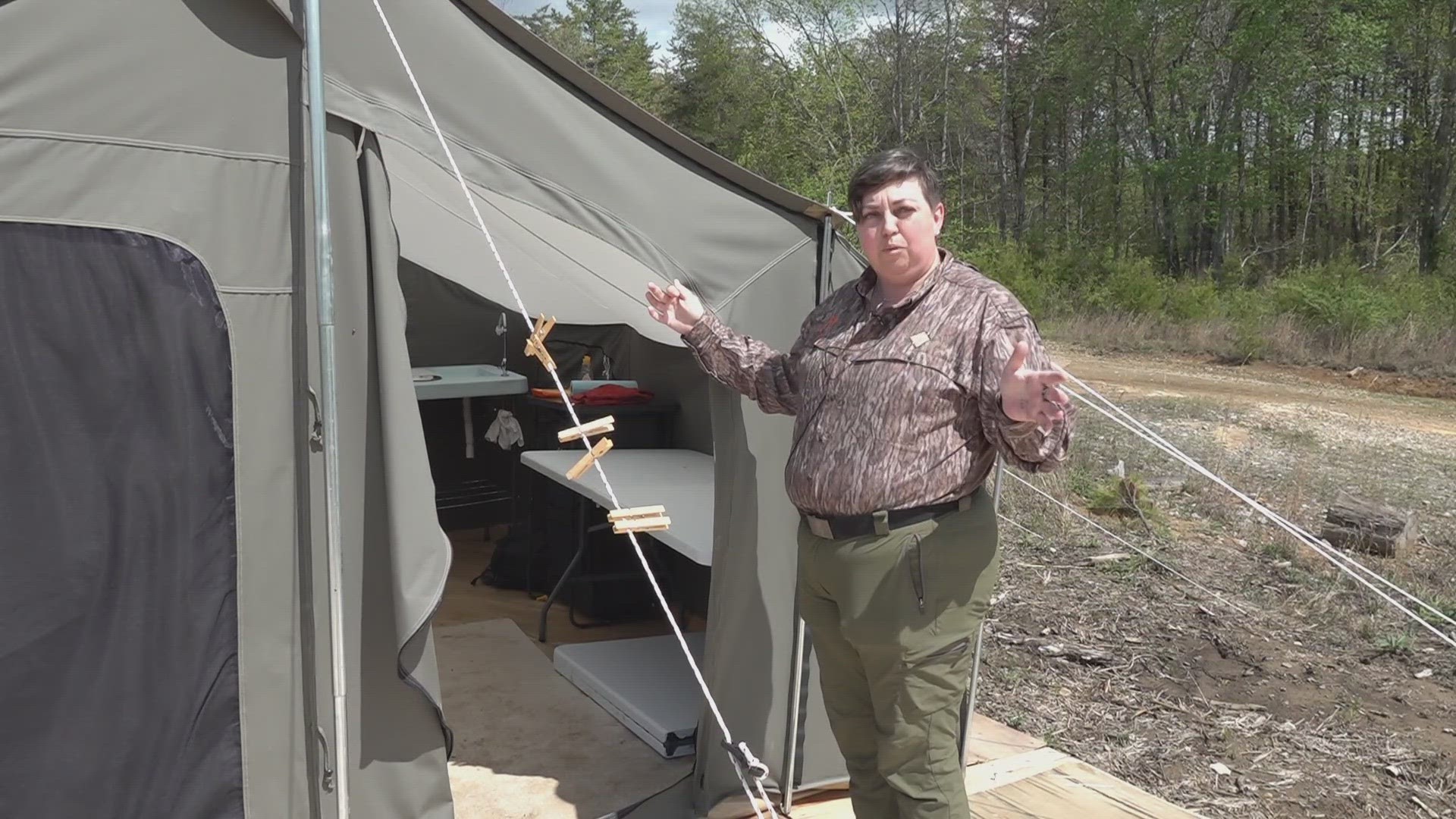Children's clothing chain Gymboree filed for Chapter 11 bankruptcy protection late Sunday, aiming to slash its debts and close hundreds of stores amid crushing pressure on retailers.
Gymboree said it plans to remain in business, hoping to regain its financial footing despite considerable challenges for physical retailers.
The company plans to close 375 to 450 of its 1,281 stores, according to a court filing, putting many workers at risk of losing their jobs. Gymboree employs more than 11,000 people, including 10,500 hourly workers.
The bankruptcy was widely expected after Gymboree refused to pay certain bills in recent months, placing the retailer on a collision course with creditors. The retailer said it hopes to slash $1 billion of its $1.4 billion in debt and to win approval for its plan by Sept. 24.
"We expect to move through this process quickly and emerge as a stronger organization that is better positioned in today’s evolving retail landscape, with the right size store footprint and greater financial flexibility to invest in Gymboree’s long-term growth," Gymboree CEO Daniel Griesemer said in a statement.
Like other retailers, Gymboree buckled amid declining mall traffic, fixed rental costs and online competition. Online sales represent only 21% of its revenue, and its web systems are "dated and unsupported," recently appointed Chief Restructuring Officer James Mesterharm said in a court filing.
Mesterharm also said Gymboree had "struggled against other established brick-and-mortar retailers," including Children's Place and GapKids.
Among other shortcomings, Gymboree failed to innovate quickly, having only recently introduced store email, analytics and tablet computers to help employees do their jobs.
The bankruptcy represents a bitter outcome for Gymboree owner Bain Capital Private Equity, which acquired the retailer for $1.8 billion in 2010 and launched a major global expansion.
Still, the company posted a profit before interest, taxes, depreciation, and amortization of $71 million in 2016, down from $94 million in 2015.
Founded in San Francisco in 1976 as a program devoted to nurturing child learning through playtime with parents, Gymboree started its first store in 1986 and now operates stores worldwide under three brands: Gymboree, upscale chain Janie & Jack and value-focused Crazy 8.
The company's fiscal distress is particularly problematic for mall owners Simon Property Group and GGP, formerly General Growth Properties, which collectively control 35% of Gymboree's U.S. real estate space.
Investor concern over Gymboree's future rose when the company disclosed that it had missed a June 1 payment on senior notes due in 2018.
Gymboree also was among 22 companies that a June 7 report by rating giant Moody's Investors Service characterized as distressed retailers. The Ca rating that Moody's assigned to Gymboree's debt is far below investment grade.
"When you're down there in C-a land, bankruptcy is a real possibility," Charles O'Shea, Moody's senior retail analyst, told USA TODAY last week.
Similarly, a previous Moody's report on distressed retailers issued in March attributed Gymboree's low rating to "the company's high debt burden and weak credit metrics stemming from the 2010 acquisition of the company by affiliates of Bain Capital and subsequent weak operating performance."
Noting that Gymboree faced approaching maturities of an asset-based revolving loan in December 2017 and a secured term loan in February 2018, the report said refinancing the debts "could be challenging."
"Thus, the risk of default, including the potential for a distressed exchange-type restructuring, is very high," the March report said.
Contributing: Kevin McCoy



